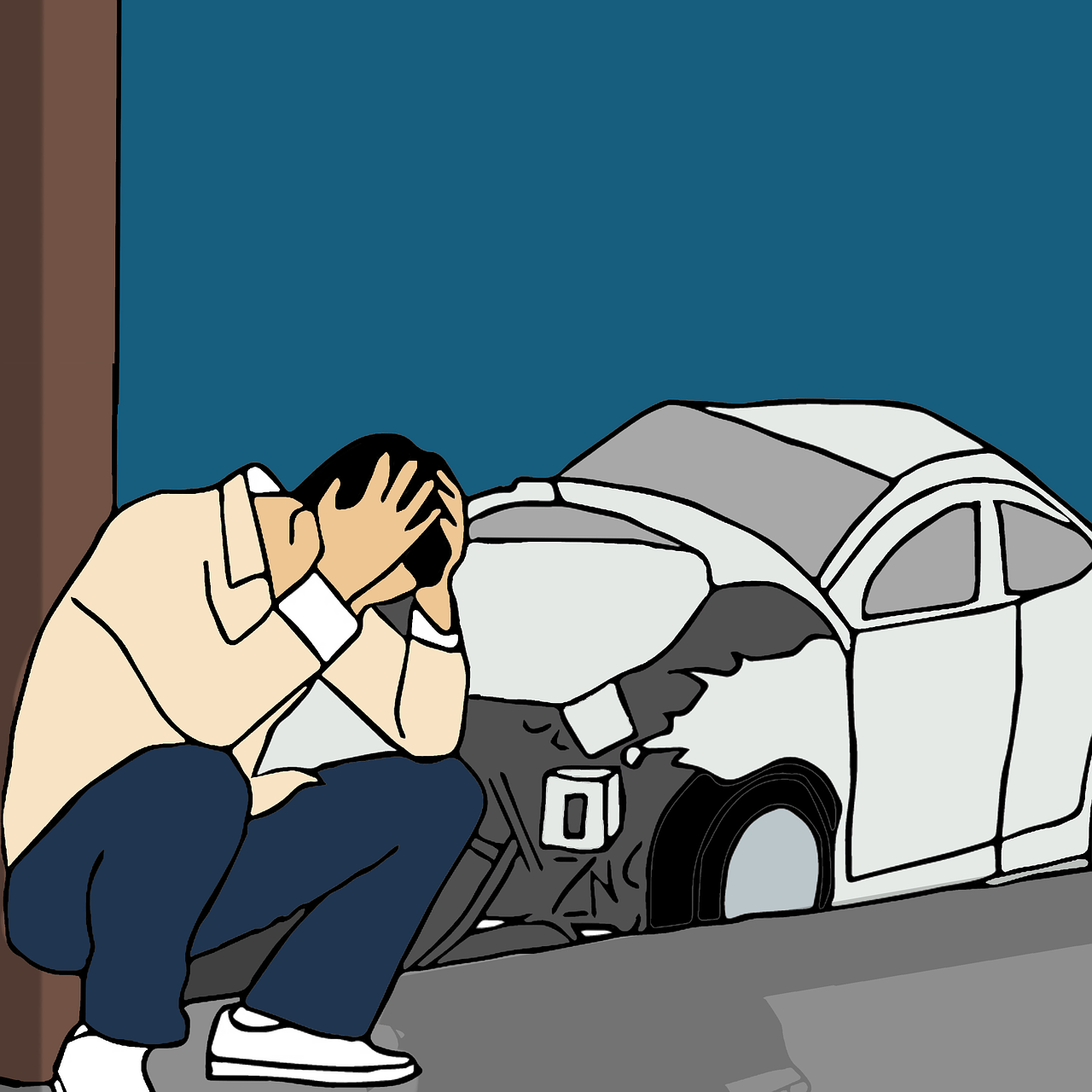Make a daily note of any changes in your condition or routine that occur, including pain levels and their response to medications. Also record any other significant developments.
Deliberate on what happened during and immediately following your accident to help your attorney establish how severe your damages were. Doing this will allow them to show how you have suffered.
Physical injuries
Car accidents can have devastating physical and emotional repercussions for victims, both immediately following impact as well as days or even weeks later. Although some injuries may appear instantly after impact, others can take longer.
Accident injuries typically include lacerations, broken bones, internal bleeding and head trauma. People involved in head-on collisions tend to suffer the most severe injuries; force of impact often fractures or cracks ribs, dislocates vertebrae and breaks neck bones resulting in whiplash-type neck trauma; other common car accident injuries include burns and scarring while internal bleeding may also be an issue due to forced constriction of seat belts hitting internal organs resulting in abdominal bruising indicating seat belt injury.
Psychological injuries associated with car accidents include post-traumatic stress disorder (PTSD), anxiety and depression. PTSD symptoms may include flashbacks, nightmares and an overall feeling of fear, helplessness or horror that interferes with daily life; depression and anxiety can make work or recreational hobbies harder; severe injuries may require lifestyle adjustments, including changing housing or careers – adding further strain on friends and family members.
Mental injuries
Car accidents can be life-altering events. Even when there are no serious physical injuries involved, those involved often struggle with lasting psychological issues that need professional treatment to address.
Post-traumatic Stress Disorder, or PTSD, is often the result of being involved in an accident. Symptoms can include flashbacks and nightmares as well as feelings of disquiet when exposed to situations that trigger memories of the crash; general anxiety disorder and specific phobias relating to driving or riding cars may develop; mood swings and concentration issues may also develop as part of this condition.
After being involved in a car accident, it’s normal to experience various emotions; however, any persisting symptoms should be seen by a physician immediately if any worsen and you require medical or psychological care as soon as possible. Failing to do so increases your chance of long-term mental trauma that requires medical and psychological intervention.
Psychological injuries can have a dramatic impact on your daily life, restricting your work ability and enjoyment of activities you once loved. This may create additional stress which will impede recovery while potentially impacting social or family relationships negatively. You may also incur financial losses as a result of having no income and/or needing expensive medication treatments.
Emotional injuries
Reducing emotional injuries caused by car crashes requires medical treatment as soon as possible; symptoms include flashbacks, severe anxiety attacks, difficulty sleeping and nightmares about their accident. People experiencing these symptoms should seek professional advice as soon as possible just like any physical injuries they sustain.
Many car accident survivors also develop depression after experiencing physical injuries that are severe enough for medical assistance to be required. While sadness is understandable and must be accepted as part of life, if these emotions interfere with daily tasks it may be time for professional assistance.
Some victims may develop posttraumatic stress disorder (PTSD) following an accident, an adjustment disorder that causes flashbacks, anxiety and nightmares. Studies indicate that mild traumatic brain injuries (concussions) increase chances of this developing.
If a person is suffering emotional trauma, it’s essential that they visit a mental health professional to determine whether they can receive financial compensation. Just as physical medicine doctors treat injuries caused by car accidents, psychiatrists specialize in diagnosing and treating psychological damages caused by car crashes. Speaking openly about one’s feelings can also help victims realize they’re not alone – support groups offer another source of insight.
